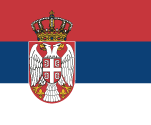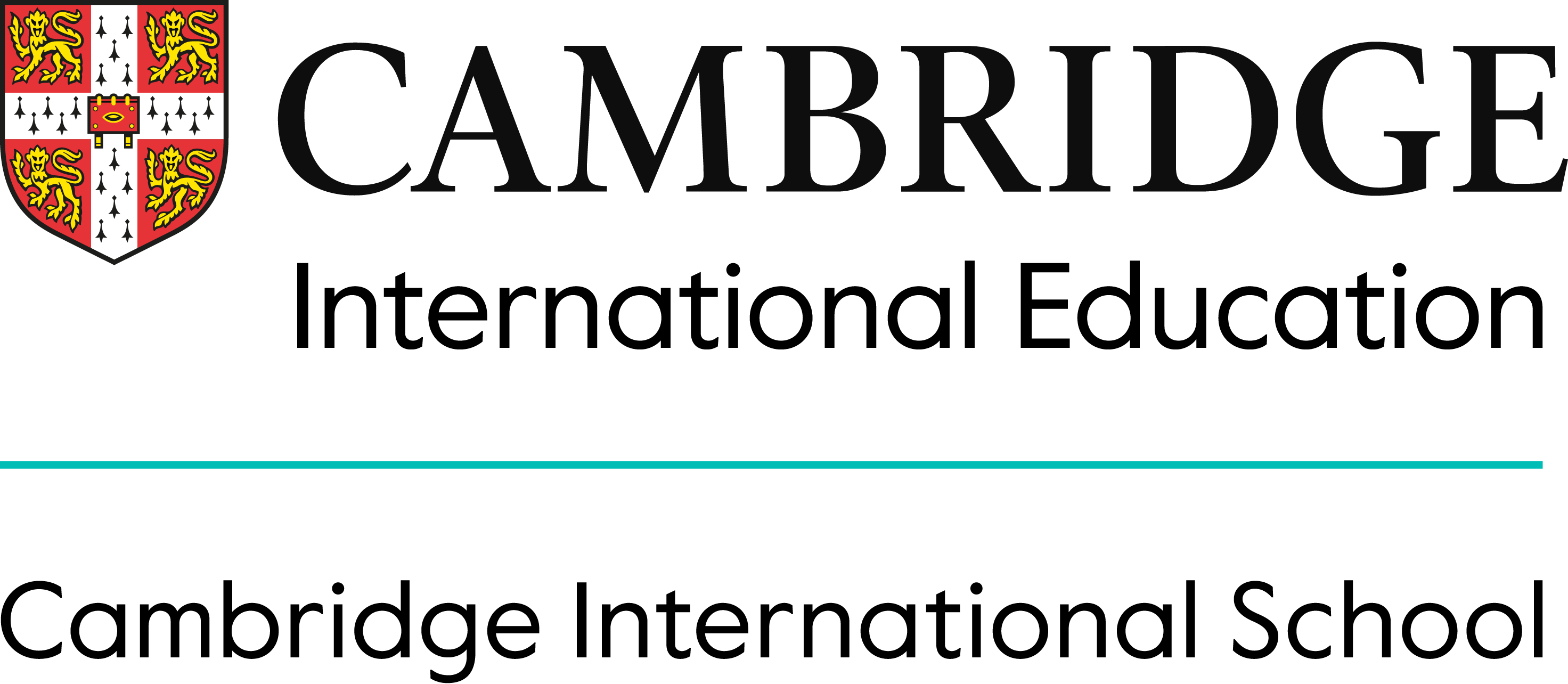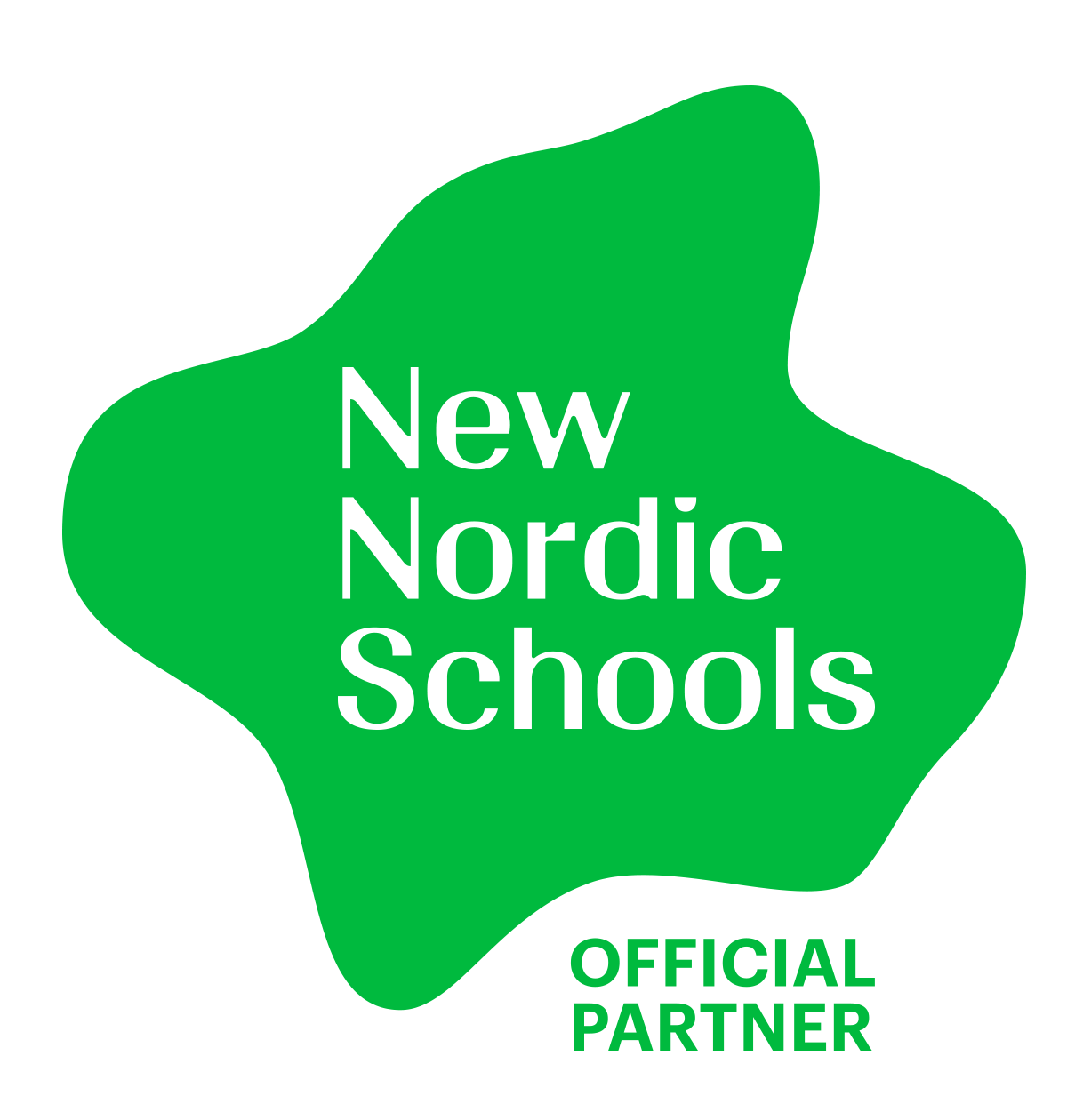
The humanity of LINK Educational Alliance members knows no borders!
LINK kidZ & Youth Without Borders Community Club is established
What are the ideas advocated by LINK kidZ & Youth WBCC?
LINK Educational Alliance established LINK kidZ & Youth Without Borders Community Club (LINK kidZ & Youth WBCC) so that the good deeds done by our students, with the help of their teachers, parents, and friends, could have an even greater impact and help many! Our students will solve social problems and develop their academic potential through social learning through various social, environmental, and humanitarian projects.
Social learning is a type of experiential education where students learn through action and reflection to achieve true community goals and greater understanding and skills. Students connect personal and social growth with academic and cognitive development. Experience improves understanding, and performance improves social action.
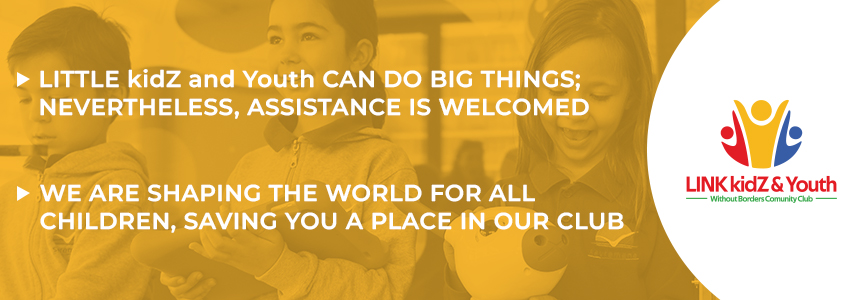
What are the benefits of participating in LINK kidZ & Youth WBCC for students of LINK edu Alliance schools:
Service learning and membership in social organizations bring numerous benefits to children, such as:
- Making friends;
- Making a difference;
- Improving academic performance;
- Networking;
- College Admissions;
- Skills Development;
- Teamwork and Leadership Experience;
- Enhancing CVs;
- Phenomenon-based Learning (PhenoBL) and benefits based on this concept.
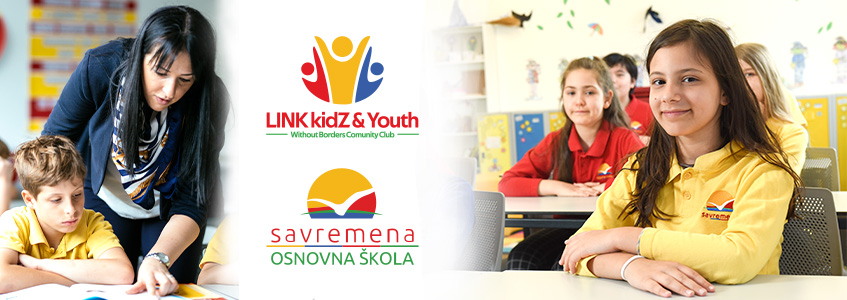
LINK kidZ & Youth Without Boarders Community Club and Service Learning
Service learning is a fantastic opportunity for children to learn about giving and collaboration. It prepares your child in the classroom, community, and the real world. According to many research studies, learning activities of key concepts from a field help students better understand learning objectives and retain and apply information and abilities.
Most people first encounter service learning in college. But its benefits are equally valid in K–12. Each session is tailored to the child’s age, developmental stage, and ability to apply (and absorb) the same fundamental teachings.
In an elementary school, older students may help teach younger kids basic reading abilities. Working together, kids gain something: younger pupils learn to read, while older students acquire patience, understanding, and taking the time necessary to communicate.
With age comes more complex service-learning principles and applications. For example, learning about a river’s history might lead to a community effort to clean it up. As a consequence, students may relate a local landmark’s past to its current value.
Using service learning, kids may learn about giving and collaboration. Besides providing essential classroom preparation, it also offers vital community insight and actual world application of information. It helps kids grow up to be decent individuals and successful adults. Children help address various community problems and assist in addressing many social problems.
In LINK schools, we use experiential learning and service learning forms and develop various activities and projects within our subjects that help develop the full potential of all our students. Teaching at LINK schools is enriched by using cutting-edge techniques from several disciplines. Through our mentoring programs, children help each other socially, emotionally, and academically. Through our environmental projects and activities, and the humanitarian actions we organize, we teach students how to be socially engaged and apply the lessons learned in school. So every child can develop a talent that will be critical in the modern world: a desire for lifelong learning and to become an active community member.
Enrolling children in a school that promotes the idea of community engagement helps them grow both academically and personally.
LINK edu Alliance and Phenomenon-based Learning
Phenomenon-based learning is a learner-centered, transdisciplinary strategy based on inquiry and problem-solving. There is no subject or learning purpose taught. Instead, students use appropriate disciplines to explore and solve problems. For example, addressing a climate change issue may need knowledge of science, geography, mathematics, and history.
Project-based, problem-based, and inquiry-based learning are examples of this type of learning. In addition, phenomenon-based learning must be global and multidisciplinary. This implies that a topic must be a real-world scenario or “phenomenon,” and students must employ diverse perspectives.
Traditional education use learning techniques that are passive. This suggests that instructors instruct pupils. Learners prioritize memorizing knowledge over applying it to new contexts or concepts. The student is often uninterested. Traditional education focuses on specific disciplines. Students are frequently taught the theories and principles of several areas but cannot make real-world connections. As a result, learning is devoid of context and significance.
Engaging teachers in real-world situations, scenarios, and events foster connected learning. The teacher and students may use skills from a variety of industries. Phenomenon-based learning involves students in the solution of real-world problems. It allows students to make cross-disciplinary connections.
Our students implement Service Learning projects through extracurricular activities but also within regular classes in certain subjects. Also, numerous projects will be selected as joint projects of LINK kidZ & Youth WBCC. The education of students is not only based on the subject-based approach but also includes a modern approach to studying school material that enables students to make cross-disciplinary connections. In this way, certain topics from our curricula will be studied through the concept of Phenomenon-based learning (PhenoBL) and will involve the participation of several teachers who we will include, where each of them will, for their educational area, prepare elements for understanding teaching and ensure the planned educational outcomes.
What are the LINK kidZ & Youth WBCC activities?
LINK kidZ & Youth WBCC implements various activities:
- Designing and implementing small social projects;
- Encouraging students and children to design projects;
- Designing humanitarian actions;
- Assistance in the organization of humanitarian actions prepared by LINK schools;
- Collecting clothes, books, and food;
- Giving the earnings from selling books and clothes to charity;
- Visiting Elderly Care Centers;
- Visiting Centers for Children Without Parental Care;
- Environmental actions;
- Peer mentoring;
- Organizing the PenPal Program in which we have a written correspondence with children from some distant schools, socialize, and get to know different cultures;
- Organizing charity events and shows;
- Collecting books and IT equipment for other schools to help our friends;
- Organizing training for children so that they have better results in school and outside of it;
- Organizing gatherings at our schools for friends from schools outside of Belgrade when they have a school trip and visit Belgrade;
- Organizing Support a Classroom projects (where school supplies will be collected for the school of our choice);
- Organizing Support a Library projects where we will collect books and donate them to the library of some schools of our choice;
- Organizing entrepreneurial ventures to create foundations for lifelong learning;
- Learning by doing;
- Other projects.
Membership in LINK kidZ & Youth WBCC
Members of LINK kidZ & Youth WBCC are all students of LINK educational institutions at the primary and secondary level of education, as well as teachers of our educational institutions, parents of our students, and friends.
Other categories participating in the work of LINK kidZ & Youth WBCC are:
- LINK Parents Without Borders
- LINK Teachers Without Borders
- LINK Friends Without Borders (for citizens externally who want to help and participate in the form of non-monetary donations).
LINK kidZ & Youth WBCC consists of the following factions:
- Savremena Kidz Without Borders
- SG Youth Without Borders
- IS Youth Without Borders
- ITHS Youth Without Borders
- AA Kids&Youth Without Borders
But they all operate under the common name LINK kidZ & Youth Without Borders.
There is no hierarchy in the club, everyone is equal. Coordinators of the LINK kidZ & Youth WBCC are the heads of school clubs.
Membership of our students and teachers is automatic – all students and teachers of LINK edu Alliance educational institutions are automatically members. Welcome!
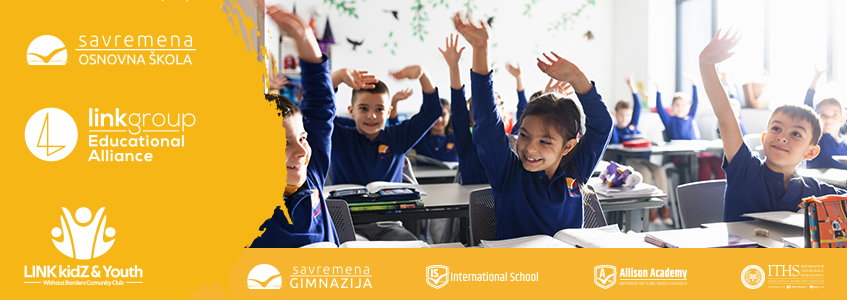
Adults help children to be humane and socially engaged
Who are the adults who help and are involved in club activities? Those are teachers or coordinators within schools who normally participate in the organization of humanitarian activities.
LINK Teachers Without Borders
Through humanitarianism and volunteerism, LINK kidZ & Youth WBCC contribute to solving social problems in its environment and community. Teachers help them with this. Heads of school clubs are coordinators of the club’s work. Brave teachers foster a sense of belonging and stimulate student participation in projects.
LINK Parents Without Borders
Children can see the best examples of devotion and empathy in their parents. The selfless love that parents feel for their children and family values that parents pass on to their children, understanding of the needs of others, and close bonds with other people from the community are the foundation of any productive relationship between young people and the environment. Parents who want to help the work of LINK kidZ & Youth WBCC in different ways can fill out the Application Form and join children and teachers in finding solutions for social, economic, and environmental problems!
LINK Friends Without Borders
Friends Without Borders are different natural and legal persons that want to help children in their activities and take part in the form of non-monetary donations.
Friends who want to help the work of LINK kidZ & Youth WBCC in different ways can fill out the Application Form and join children and teachers in finding solutions for social, economic, and environmental problems!
Dear teachers, parents, and friends – become a significant part of the LINK kidZ & Youth Without Boarders Community Club today, and let’s change the world together for the better!
